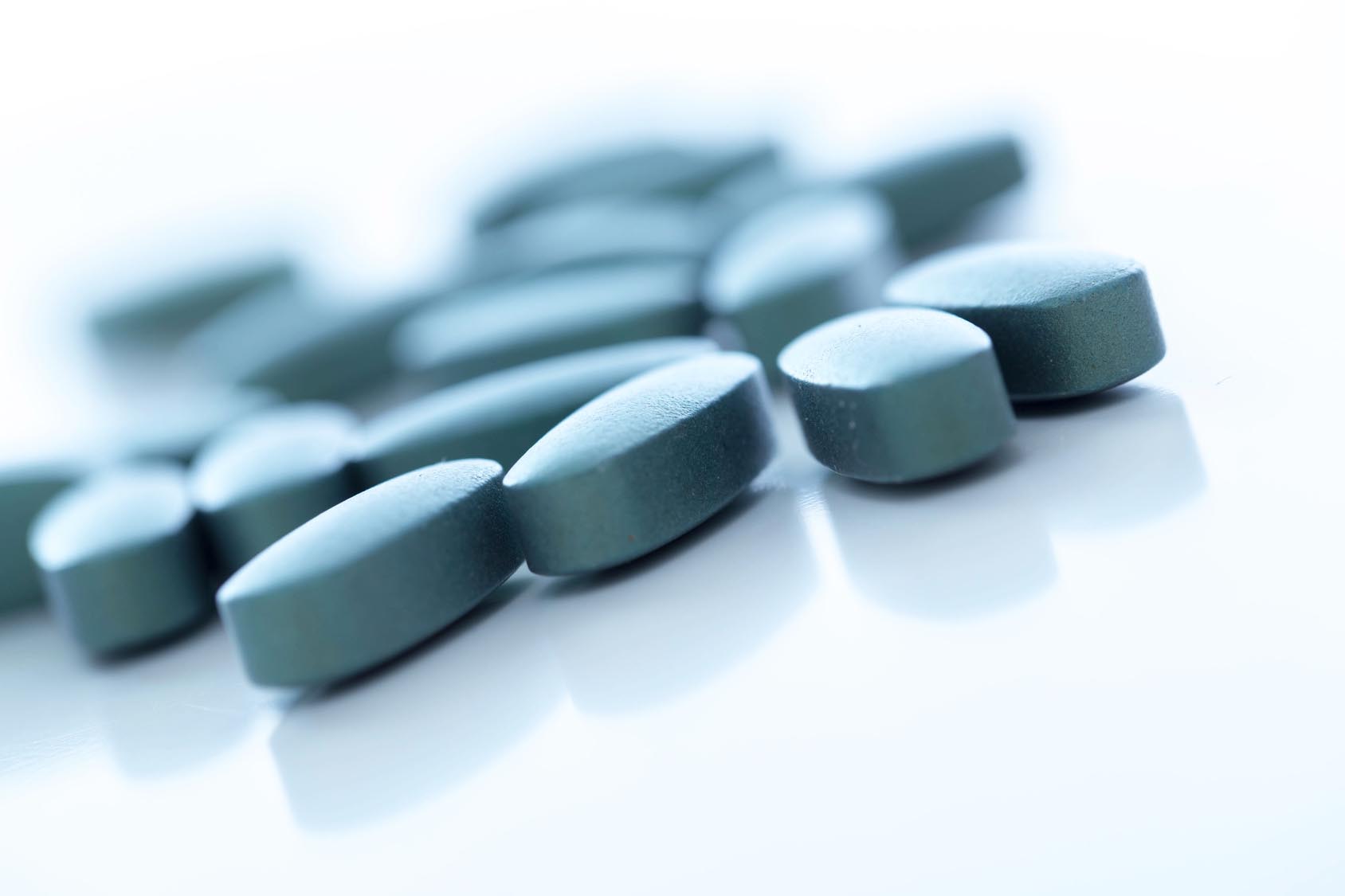• Metabolizing drugs
• Predict and change
What is already known on this topic
Genetic differences can influence how people respond to drugs, but recent research has suggested that gut bacteria could also help explain why some individuals experience adverse side effects while others don’t.What this research adds
By testing how 76 strains of gut bacteria modify the molecular structure of 271 drugs, researchers found that about two-thirds of the drugs were modified by at least one bacterial strain, supporting the idea that bacterial metabolites may contribute to a person’s response to medicaments.Conclusions
The findings shed light on how intestinal microbes influence people’s response to drugs and could lead to ways of making medications work better.
The microbes in our guts could determine how well we respond to drug treatments. The findings, published in Nature, could lead to ways of making medications work better.
Why people respond differently to drugs vastly depends on genetic differences, but recent research has suggested that gut bacteria could also help explain why some individuals experience adverse side effects while others don’t. That’s because drugs that are taken orally aren’t completely absorbed by the body and their molecular structure is thus modified by the gut microbiota.
To test this hypothesis, a team of researchers led by Michael Zimmermann and Maria Zimmermann-Kogadeeva at Yale University School of Medicine tested how 76 strains of gut bacteria break down 271 commercial drugs.
Metabolizing drugs
First, the researchers incubated the bacteria with each drug in test tubes for 12 hours. In that time, 176 of the 271 drugs (65%) were modified by at least one bacterial strain, and each strain modified up to 95 different drugs.
Next, to identify the genes responsible for the chemical transformation of the drugs, the researchers constructed genetic libraries of the drug-metabolizing gut bacteria. Using this tool, the team found that Bacteroides thetaiotaomicron expresses a gene whose product can metabolize Levonorgestrel, a hormonal medication which is used in a number of birth control pills.
Differences in genes whose products are able to break down medicaments may explain why some people’s gut microbes metabolize drug rapidly, while others do it slowly, the scientists say.
Predict and change
Overall, the researchers validated 30 microbiota-derived enzymes that convert 20 drugs to nearly 60 metabolites, some of which may have unwanted side effects or make a drug’s active ingredient ineffective.
The study suggests that testing the bacteria present in a person’s gut can help predict how that gut microbiota will metabolize certain drugs. What’s more, the findings may open the door for ways to manipulate people’s microbiota, for example through fecal transplant, to prolong a medicament’s effect, increase its efficacy, or reduce its side effects, the scientists say.











